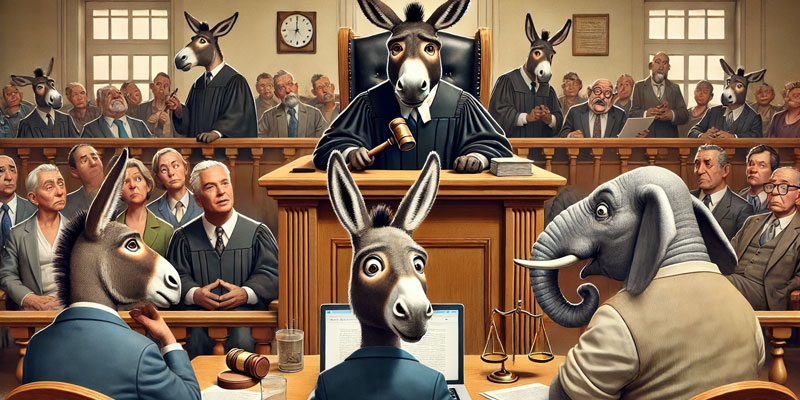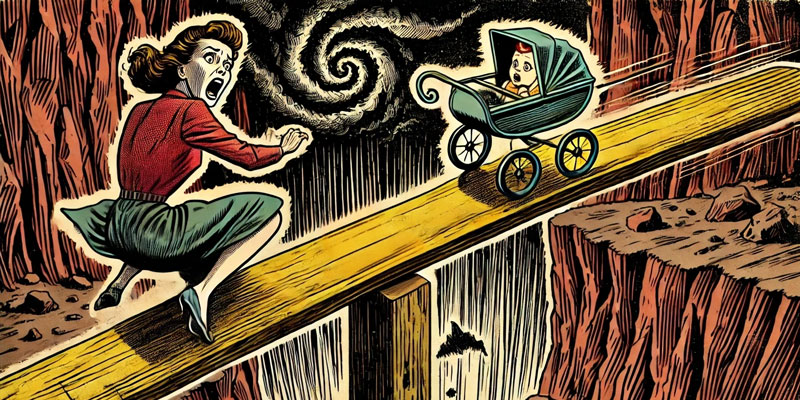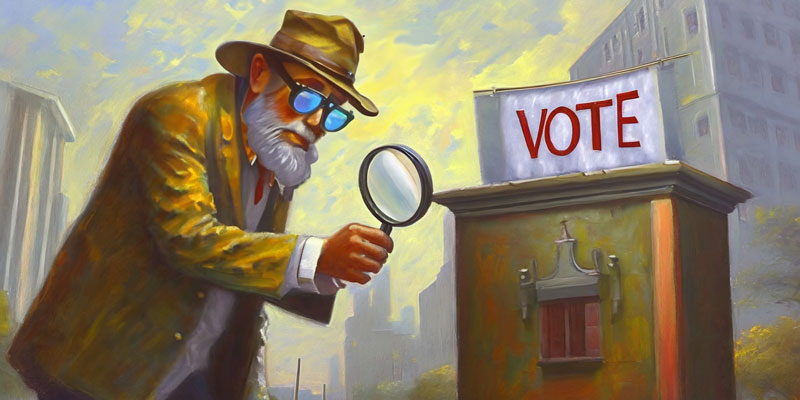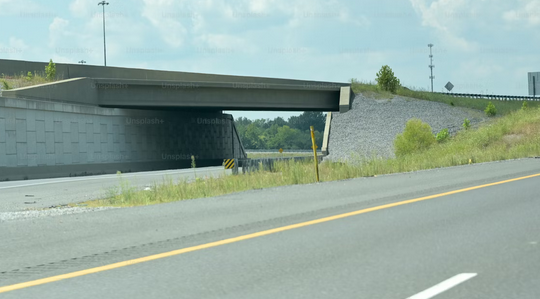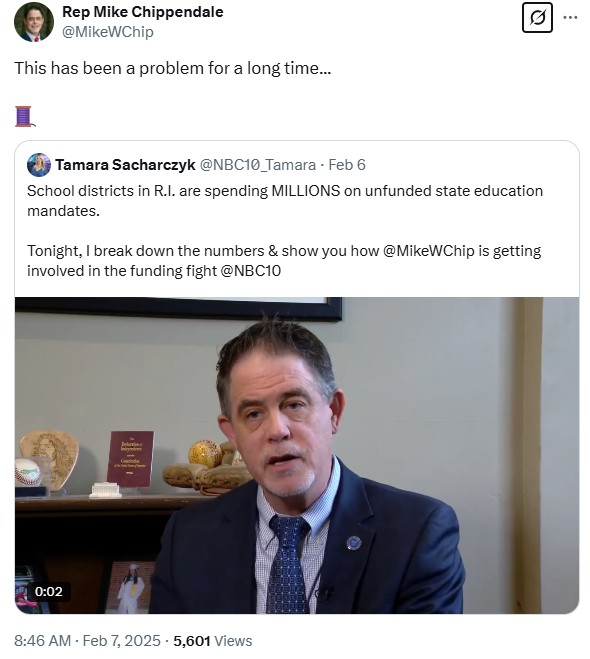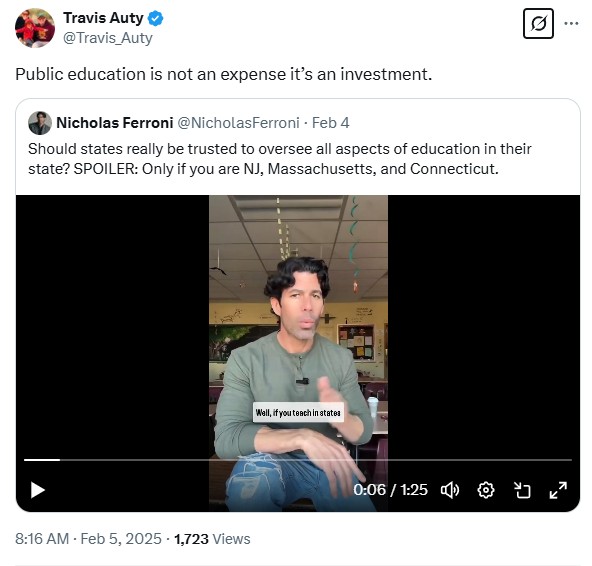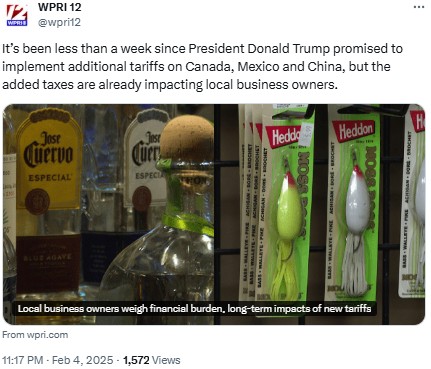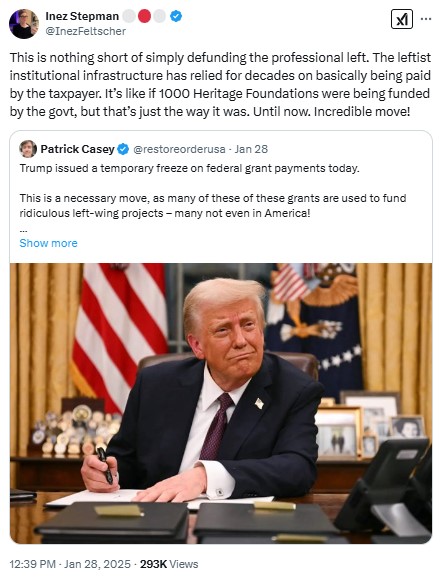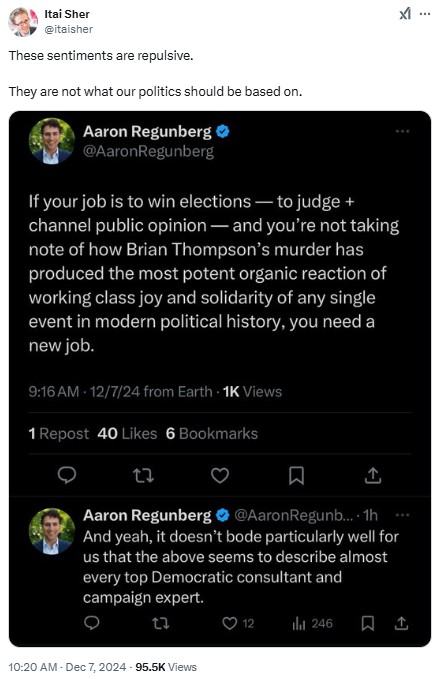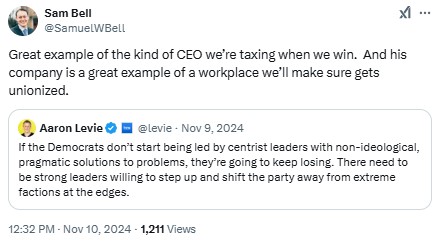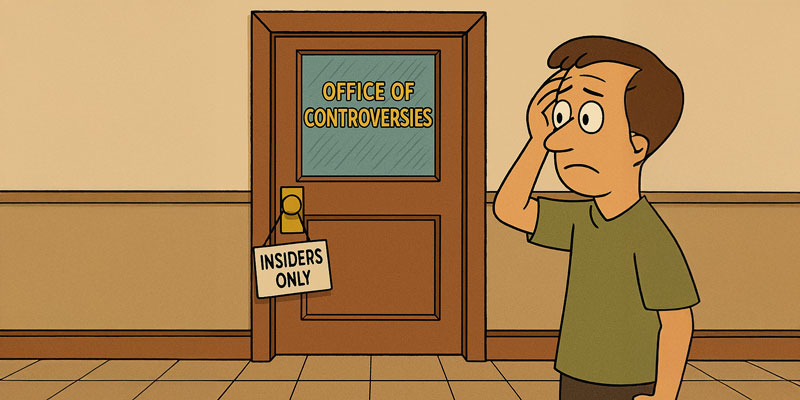
Politics This Week: With None to Slay the Lazy Dragon
John DePetro and Justin Katz discuss the unjustified apathy in the Ocean State.
Politics This Week: Messaging in a Trustless World
John DePetro and Justin Katz review the latest in Rhode Island politics.
Politics This Week: What They Find Interesting (And Not)
John DePetro and Justin Katz discuss the stories we don’t hear and should.
Politics This Week: The Wall of Insider Silence
John DePetro and Justin Katz highlight topics RI’s insiders try to keep behind the scenes.
Politics This Week: Messaging in a Trustless World
John DePetro and Justin Katz review the latest in Rhode Island politics.
Politics This Week: What They Find Interesting (And Not)
John DePetro and Justin Katz discuss the stories we don’t hear and should.
Politics This Week: The Wall of Insider Silence
John DePetro and Justin Katz highlight topics RI’s insiders try to keep behind the scenes.
Politics This Week: The Madness We’re Not Allowed to Handle
John DePetro and Justin Katz discuss the many charades insiders want RI to perpetuate
Politics This Week: The Business of Corruption
John DePetro and Justin Katz trace the evidence that corruption has become the business of government.

I find it ominous that one of my children’s dentist just cancelled an appointment for tomorrow due to short staffing. RI’s medical infrastructure feels a bit like we could get the equivalent of an emergency Washington Bridge closure at any time. Or maybe we’ve been getting them, but the people who run the state are better able to distract from and hide the effects.
Last night, I read a business case about a handful of billionaires who’ve been trying to make lab-grown meat a viable consumer product, and I wondered something tangential. Imagine if a handful of billionaires decided they needed to have a pliable big-government progressive in the White House.
They might flood her accounts with hundreds of millions of dollars laundered through untraceable donations designed to appear grass roots.
They might use the major media outlets they own to twist reality.
They might pay people to fill up arenas so that the candidate appears to be popular.
Then they might manipulate an insecure election system, including mail ballots, to simply install their preferred candidate, while pointing at the scandals they generated in media about the other candidate and the astroturf popularity of the “winner.”
This might sound conspiratorial and crazy, but these same people are trying to grow frankenburgers — not because they think it will be profitable, but because they want to “save the environment” and trick you into a diet that they believe is healthier.
It’s a passing thought, of course, but Rhode Island Governor Dan McKee’s mild lament that a State House celebration of a basketball trophy is happening during school hours bugs me. Somehow, it emphasizes the point that our government officials see the well-being of children — of all regular Rhode Islanders, for that matter — as secondary side-effects of insiders’ going about their big, important business, which seems often to focus on providing them power and enjoyment.
A local kid making it big is an inspiring story, but local officials use such things to inspire mainly themselves.
Something more like a cookbook or plantation. I’ve heard complaints that conservatives have “no plan for you” — or “no vision for what the town should be” — repeatedly over the years, and I think it’s the most disturbing complaint progressives make.
Chris Rufo articulates my view:
Where do I see the town, state, or country going? Well, I hope it’s going toward freedom and mutual good will, but that’s about as detailed as I can get. Mostly, I’m excited to see where individual people, families, and organizations will take us with their drive and ingenuity, but terrified of where activists who abuse government power to implement their plans and vision will take us if we let them.
The reason it’s terrifying isn’t only that unrealized gains are purely hypothetical. The proposal (and defenses of it) show that for many taxation has become purely a money-finding scheme requiring the scantiest of rationale. By their nature, unrealized capital gains do not actually exist; they are hypothetical.
While striving to come up with some sort of argument that they’d be nothing radical, I’ve seen supporters make two arguments: First, that people pay taxes on the increased value of their homes through the property tax, and second, that people with large assets are able to use them as collateral for loans, which means they are real.
On the first count, the property tax isn’t a tax on gains. It’s an ad valorem tax — that is, on the whole value — assessed and paid repeatedly every year. Moreover, in most cases, it’s actually a tax on the percentage the individual or entity owns of all the taxable property within that particular government’s scope. Typically, the government figures out how much tax it wants to collect, and the value of a piece of property is the proportion the taxpayer will pay. Some years it will go up, relative to other taxpayers, and some years it will go down.
The same thing partially applies to the other count. Lenders are considering the entirety of assets as collateral, not just new gains. More importantly, what they’re doing is assessing that the entire asset is sufficiently secure that it could be sold to cover an unpaid debt, and the lender accepts the risk. That the lender trusts that the value will be real at some hypothetical future date following a default does not mean that it is real right now.


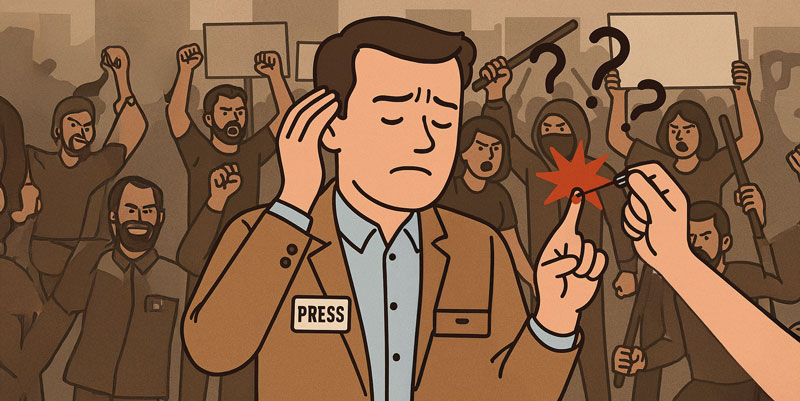


 This…
This…